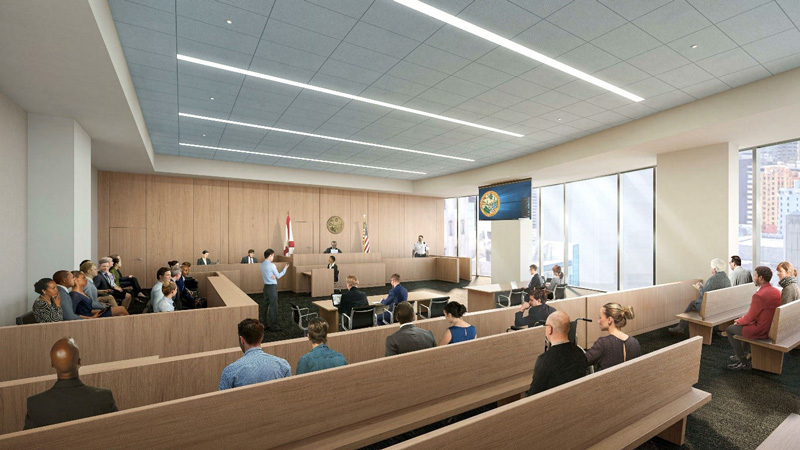Unsolicited Proposals and Public-Private Partnerships
Unsolicited Proposals
The Strategic Procurement Department, as the central procurement agency for the County, is responsible for managing the unsolicited proposal process. The Strategic Procurement Department establishes and maintains procurement policies and standard documents, guiding departments through the procedures for the compliance assessment, initial review and evaluation of an unsolicited proposal.
For more information on the unsolicited proposal process, including the submission requirements, refer to Section 2-8.2.6 of the Code of Miami-Dade County. While the County does not require an unsolicited proposal to be delivered to a specific department, it is recommended that the original proposal with the application fee be sent either to the Director of the department that the project is for or the Director of the Strategic Procurement Department, and in any case with a copy sent to the email address: [email protected].
Public Private Partnerships (P3s)
P3s provide an opportunity to consider an alternative delivery method for public infrastructure. In the P3 model, all phases of a project are solicited together, resulting in the selection of one developer generally to design, build, finance, operate and maintain the project. A P3 contract is a long-term agreement between the public agency and private sector where each brings something to the arrangement and shares in the outcome. There is collaboration between the public agency and private sector, with the private sector assuming a share of the project risks.
The County’s P3 process includes project screening procedures such as a value for money analysis; two-step procurement process that begins with qualifications and then proceeds to proposals from shortlisted developers; individual negotiation meetings with shortlisted developers to enhance the design innovation and identify cost savings; and opportunities to review progress of projects with the County’s governing board to gain support and approval.
The P3 projects are accomplished by building consensus among elected officials, stakeholders, facility users, neighbors, and other interested parties on the project’s scope and affordability; and conducting an open and competitive procurement process.
Legislation
Section 255.065 of the Florida Statutes (Public Private Partnerships) provides for public private partnerships to address capital needs and authorizes local governments to enter into P3 agreements.
County Ordinance
Section 2-8.2.6 of the Code of Miami-Dade County (Public Private Partnerships; Unsolicited Proposals) provides the framework for a P3 process and authorizes the use of an alternative method of contracting.
County Administrative Order
Administrative Order (AO) 3-65 (Unsolicited Proposals) establishes the procedures governing the operation, roles and responsibilities of County administrative departments to process unsolicited proposals received by the County for Qualifying Projects pursuant to Section 2-8.2.6 of the Code of Miami-Dade County and in accordance with Section 255.065, Florida Statutes.

Strategic Procurement
Namita Uppal
Stephen P. Clark Center
111 NW 1st Street,
13th Floor
Miami, FL 33128
305-375-5773 | [email protected]




